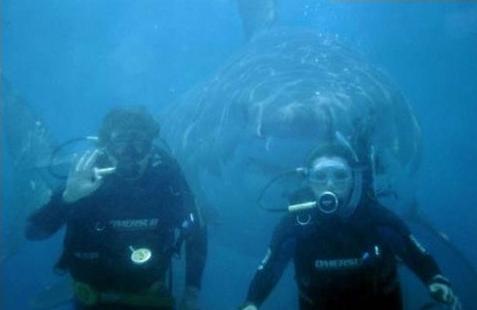JWR & Group,
I have more of a question than a comment. I believe myself to be very situationally aware. I make conscience efforts to practice this necessary skill by watching people and thinking through what I see. I consider situational awareness to be both in your immediate environment and the extending. If a new neighbor moves in down the street that is part of my awareness. If my 90 year old neighbor doesn’t take out her trash I notice. These are the subtle changes to my environment that I track. When I am at the mall and I notice some movement that is not “in the flow” I take notice. (“in the flow” all crowds have a natural flow to them, when the flow changes then there is something to notice. Perhaps a fallen person or perhaps an altercation, either way learning to watch the flow of traffic/crowds helps to quickly identify anomalies in the crowd.)
Based on the recent events in Europe and even with the mass shootings here in our country I wonder if I would be able to identify a threat in time to take action. The event in Brussels made me think if I would have been able to notice the attackers. The profiling aspect of my question is more of a stereotyping issue. I wanted to know if you or any of your colleges could shed some light on, or offer some tips on, how to distinguish between a threat and biased perceptions (racism). Being somewhat ignorant of other cultures’ habits and customs (which I am working to change) I may mistake a standard gesture as a threat and make a fool of myself, or worse get into trouble for taking an unnecessary action. If I am asking this question then there is a good chance that others too have questioned how to distinguish between a threat and a non-threat. I don’t want to encourage racism but I recognize that stereotypes exist for a reason.
Simply put can you offer insight on how to be situationally aware and not racially profile. – JC
Hugh Replies: Part of being situationally aware means that you are sensitive to things that don’t belong. That can be as simple as a person dressed in a way that you are not familiar with or a person of a different race being where you don’t expect them. While the progressive/liberal would want to claim that as “racism”, it actually is not. It’s simply being unfamiliar with the situation and paying closer attention to it. It may have nothing to do with the person/things actual reason for being where it is, it’s just that you are not familiar with it. There is a considerable difference between trust (or lack thereof) and racism.
This is also one of the reasons soldiers returning from the battlefield have difficulty in society. What is considered normal here may be abnormal where they were stationed. A gesture that may be harmless here could have been the precursor to violent action there and recognition might make the difference between life and death. It really comes down to mental conditioning for your location and situation. Perhaps some who have experienced such a situation can chime in here.










